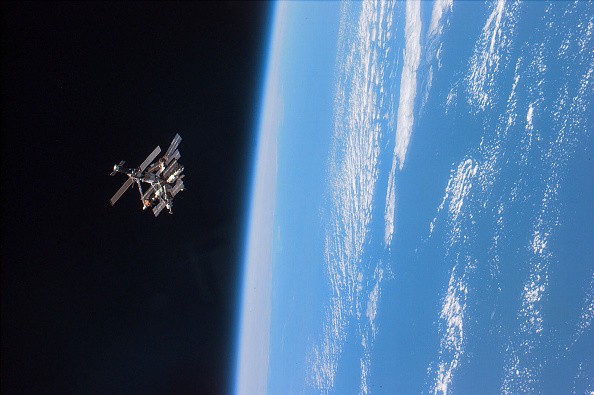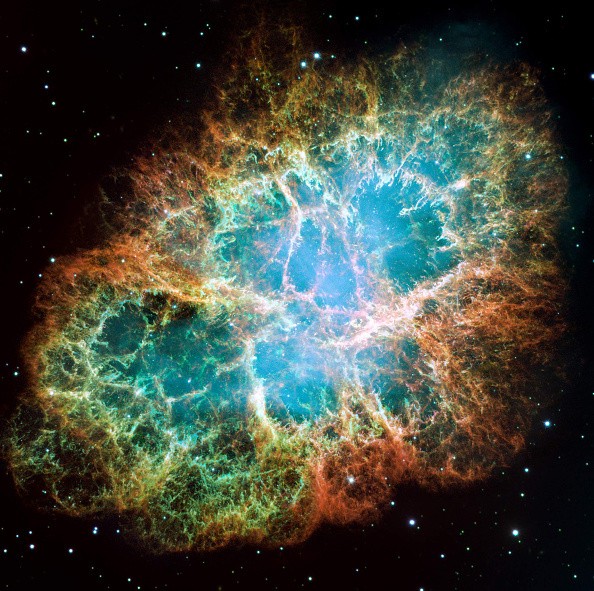The popular astrobiologist, Paul Davies, claimed that space viruses could be lurking in other exoplanets. However, the theoretical physicist and science author explained that before these tiny organisms could exist on other planets or outer space, other intelligent life forms should also be present.

"In the constellation of Eridanus there lurks a cosmic mystery. It's as if something has taken a huge bite out of the universe, leaving a super-void," explained Davies.
Paul, the director of The Beyond Center at Arizona State University, also said that viruses might also be included in the web of life outside Earth.
Currently, NASA and other giant independent space agencies are trying to find other planets that could sustain or already sustain life. Based on Davies' statements, astronomers would also find space viruses if ever they discover other intelligent life forms aside from humans.
Astrobiologist Claims Space Viruses Exist
According to The Daily Mail UK's latest report, the popular astrobiologist shared his thoughts about the so-called space viruses in his latest book titled "What's Eating the Universe," published recently on Sept. 2 and is currently available on Penguin UK and other online book stores.

He also added that if space viruses exist, they would only have one type of microbe, which is unlikely to infect humans. This means that astronomers venturing outer space would also be safe from these organisms.
Aside from him, NASA Administrator Bill Nelson also concluded that humans are not alone in the universe since lots and lots of planets can be discovered outside the solar system.
In other news, NASA shares photos of Perseverance Rover's first rock samples. On the other hand, SpaceX's Inspiration4 is expected to be launched soon.
Could Infectious Viruses Also Exist in Outer Space?
As of the moment, NASA and other space agencies haven't proven yet if infectious viruses could be lurking in outer space. However, they already experimented with Earth bacteria that could survive outside the planet.
These include E. coli, which is believed to have the capability of hardening its defense systems once it experiences microgravity stress. ISS already conducted research involving two types of E. coli viruses.
For more news updates about space viruses and other related topics, always keep your tabs open here at TechTimes.
Related Article: NASA Is Using Rockets To Maintain their Sun-Observing Instrument EVE
This article is owned by TechTimes
Written by: Griffin Davis
ⓒ 2026 TECHTIMES.com All rights reserved. Do not reproduce without permission.




